Society of Scholars

The Society of Scholars is an intellectual community of humanists of diverse generations, academic ranks, and departmental affiliations who contribute to and learn from one another’s work. Each year, approximately eight faculty and three dissertation research fellowships support members of the Society of Scholars. Scholars in year-long residence at the University of Washington may be invited to participate as well. The group meets biweekly throughout the year to discuss their research in progress.
Apply for the Fellowship (Faculty)
2025 - 2026 Society of Scholars
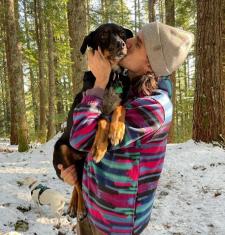
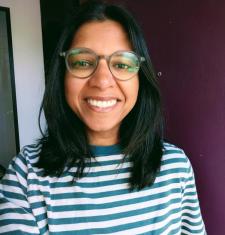
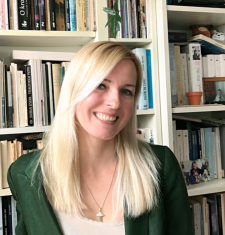
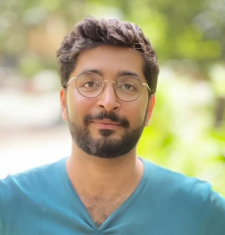
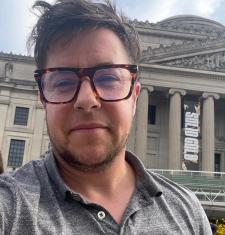
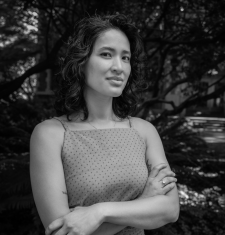
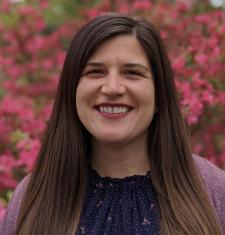
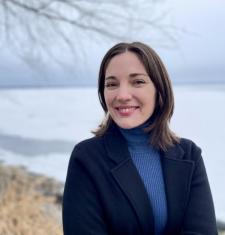
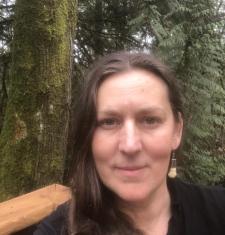
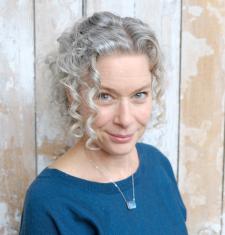
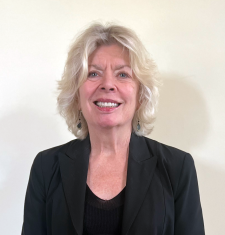
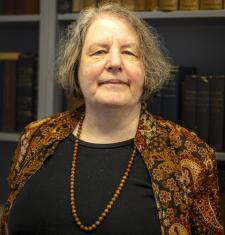
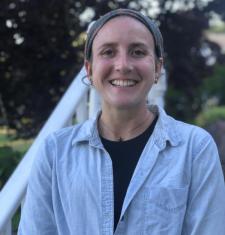
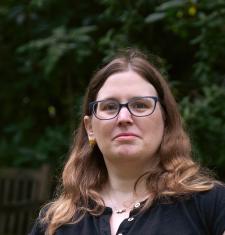
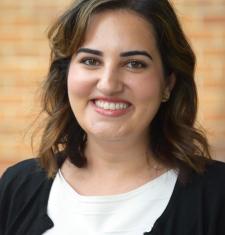
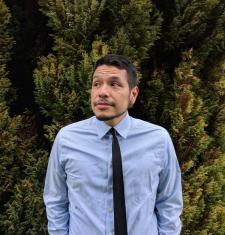
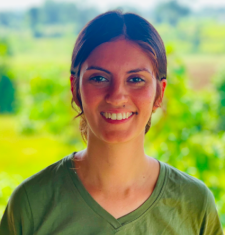
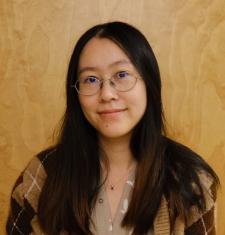
2023 - 2024 Society of Scholars Fellow
Sarah Levin-Richardson (she/her/hers)
The Emotional Landscape of Roman Slavery
This project takes seriously the roles of emotions in the lives of enslaved individuals living under ancient Roman rule. Pairing traditional and creative methodologies, it participates in a broader set of interventions—including by practitioners of Black feminist theory, critical Indigenous studies, and counterhistory—that challenge how scholarship is created, how it is valued, and the form in which it is presented. Ultimately, the project exposes the complex affective landscape that enslaved individuals faced, it highlights the real emotional labor they performed, and it shows the personal consequences that an empire built on slavery had for those held in servitude.